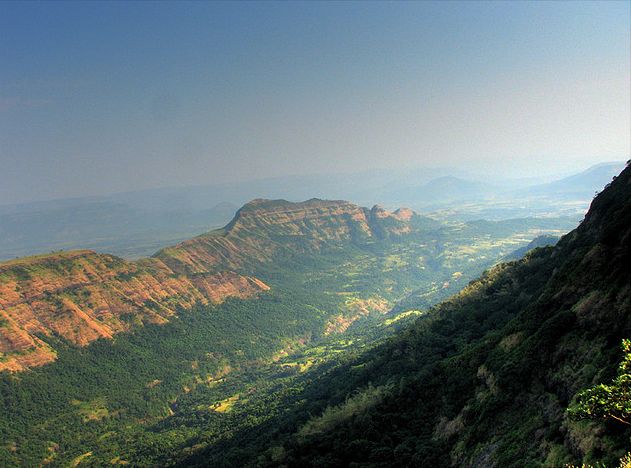In its latest directive, India’s Ministry of New and Renewable Energy (MNRE) has clipped the wings of state energy bodies by abolishing the requirement for them to consider renewable energy projects.
Henceforth, a letter of authority or a PPA agreed with the Solar Energy Corporation of India (SECI), the National Thermal Power Corporation (NTPC), power trading body Vidyut Vyapar Nigam (NVVN) or another agency mandated by the MNRE, will be sufficient.
Until the change, proposed renewables projects had to be registered with state energy bodies such as the New and Renewable Energy Development Corporation of Andhra Pradesh – known as state nodal agencies, or SNAs.
The new amendment will apply to three solar projects with a total 7,750 MW of grid-connected PV capacity that have been awarded viability gap funding (VGF) under Phase II of the Jawaharlal Nehru National Solar Mission — a 2,000 MW PV project under the second phase’s third batch; a 750 MW scheme under batch I; and a 5,000 MW project under batch IV.
“It has come to our knowledge that various SNAs are putting a requirement of compulsory registration before [issuing a] commissioning certificate, which is causing considerable delay in [the] commissioning of projects which are ready to produce and provide power to the grid, affecting the timely achievement of national renewable energy targets,” the MNRE stated in its official memorandum.
The right of state governments to appoint agencies as nodal project facilitators for approvals and sanctions, and the 25-year PPA term, remain unchanged for the projects affected.
The 2000 MW scheme was sanctioned in July 2015 and the Cabinet Committee on Economic Affairs approved it in June 2016. According to the MNRE, the scheme would cost nearly INR12,000 crore ($1.76 billion). The VGF cost for the project is INR2,100 crore, including handling charges to SECI of 1% of the grant – INR1 crore/MW for ‘open category’ and INR1.31 crore/MW for the domestic content requirement.
This content is protected by copyright and may not be reused. If you want to cooperate with us and would like to reuse some of our content, please contact: editors@pv-magazine.com.








3 comments
By submitting this form you agree to pv magazine using your data for the purposes of publishing your comment.
Your personal data will only be disclosed or otherwise transmitted to third parties for the purposes of spam filtering or if this is necessary for technical maintenance of the website. Any other transfer to third parties will not take place unless this is justified on the basis of applicable data protection regulations or if pv magazine is legally obliged to do so.
You may revoke this consent at any time with effect for the future, in which case your personal data will be deleted immediately. Otherwise, your data will be deleted if pv magazine has processed your request or the purpose of data storage is fulfilled.
Further information on data privacy can be found in our Data Protection Policy.